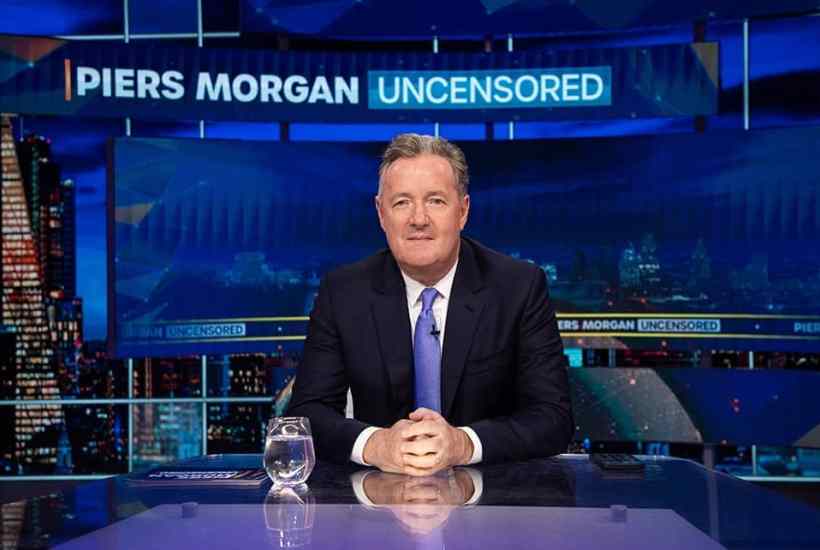It’s hard to step outside nowadays without being confronted with a massive picture of Piers Morgan. In the adverts for his new TalkTV show he can be seen crushing the House of Commons in his hands or pointing to an address for the channel’s complaints department. ‘Love him or hate him,’ the adverts declare, ‘you won’t want to miss him.’
Already a subscriber? Log in
Subscribe for just $2 a week
Try a month of The Spectator Australia absolutely free and without commitment. Not only that but – if you choose to continue – you’ll pay just $2 a week for your first year.
- Unlimited access to spectator.com.au and app
- The weekly edition on the Spectator Australia app
- Spectator podcasts and newsletters
- Full access to spectator.co.uk
Or
Unlock this article
You might disagree with half of it, but you’ll enjoy reading all of it. Try your first month for free, then just $2 a week for the remainder of your first year.















Comments
Don't miss out
Join the conversation with other Spectator Australia readers. Subscribe to leave a comment.
SUBSCRIBEAlready a subscriber? Log in